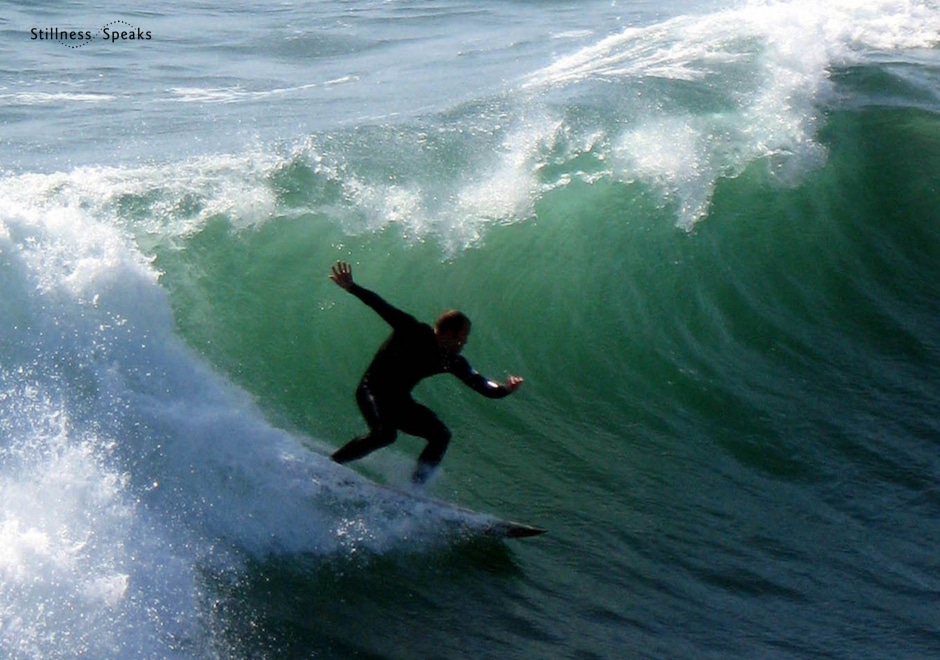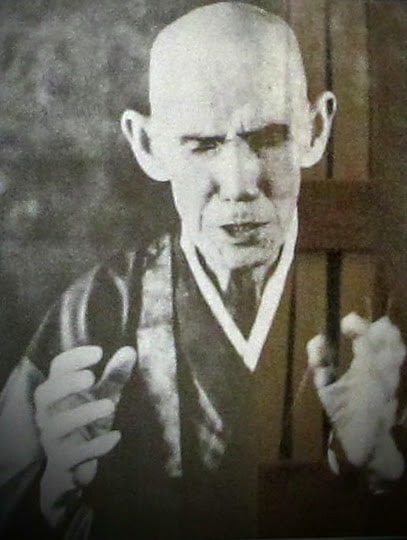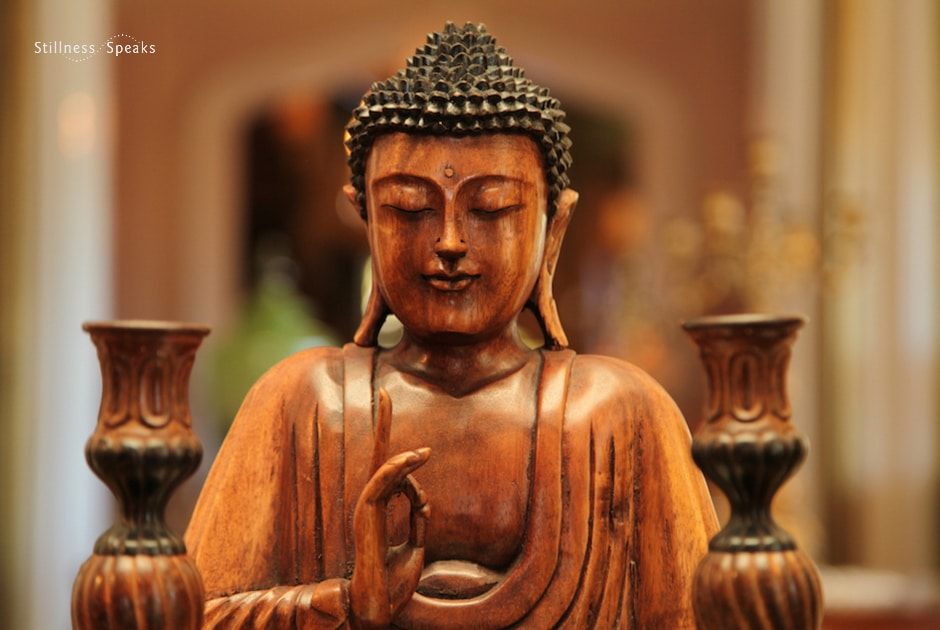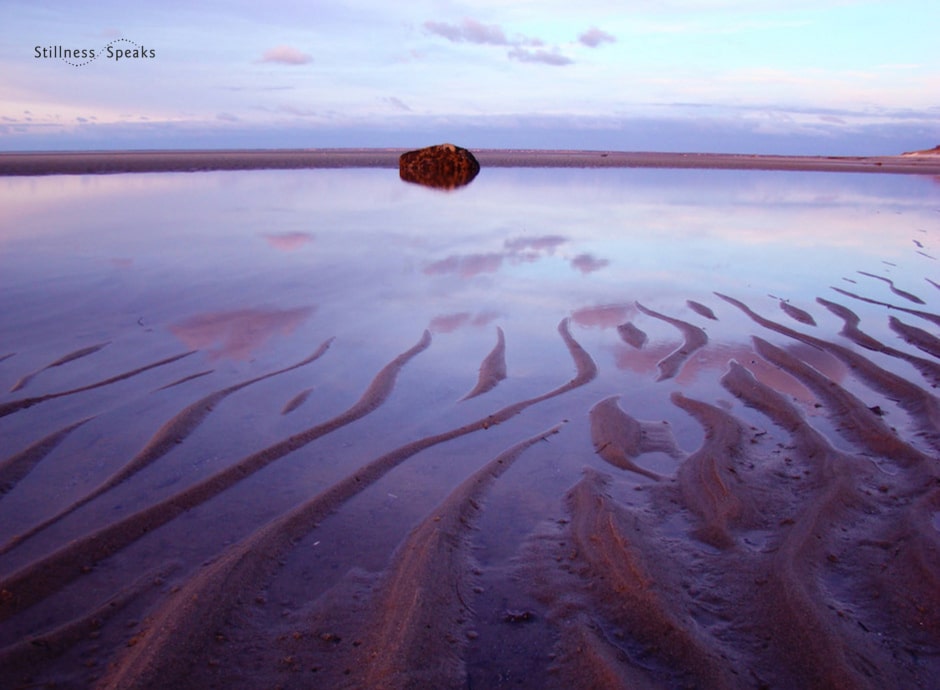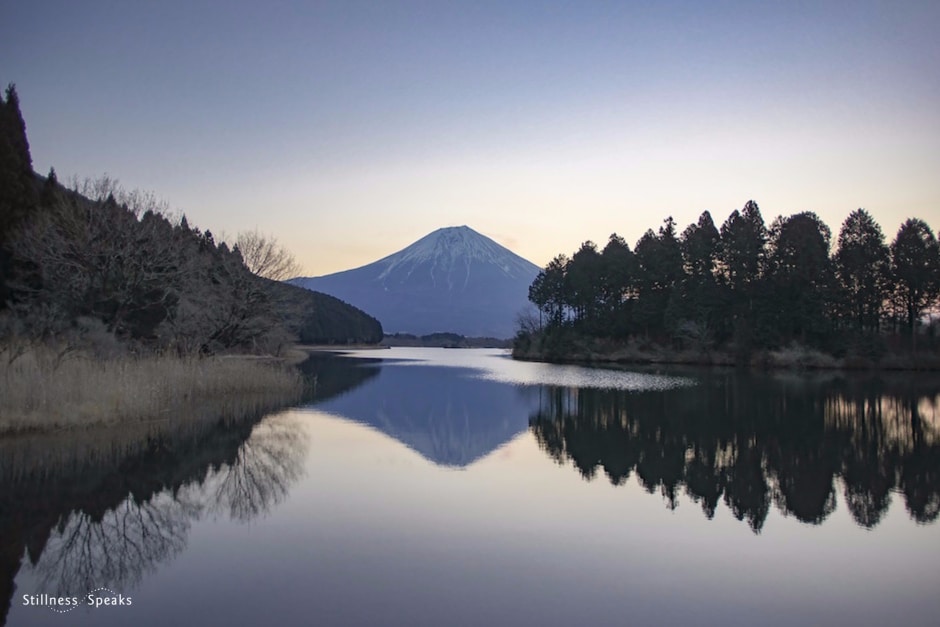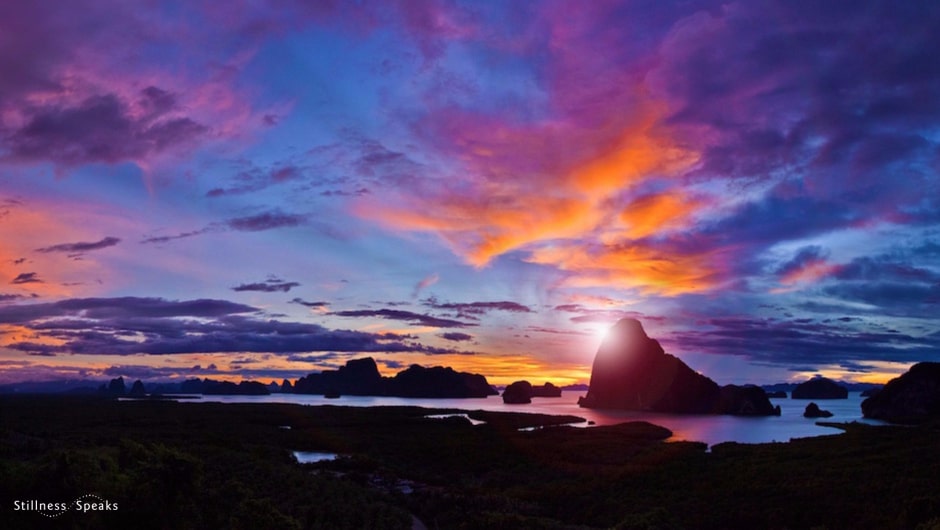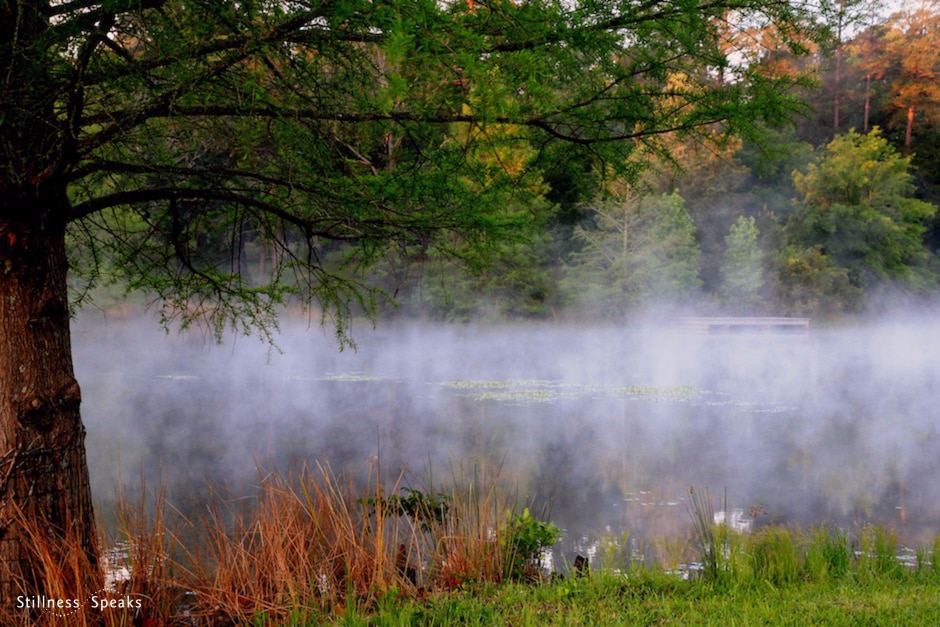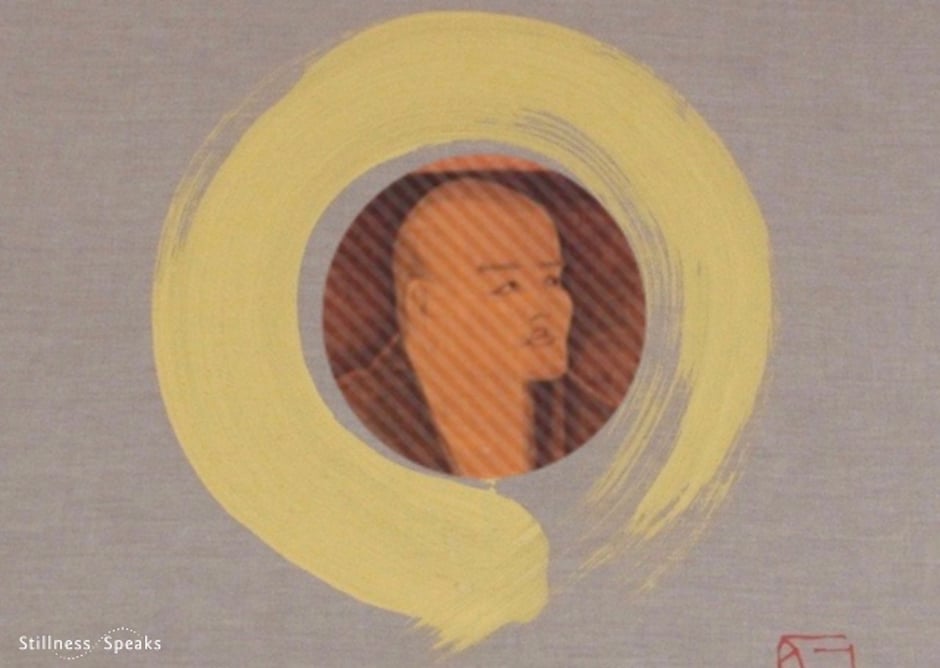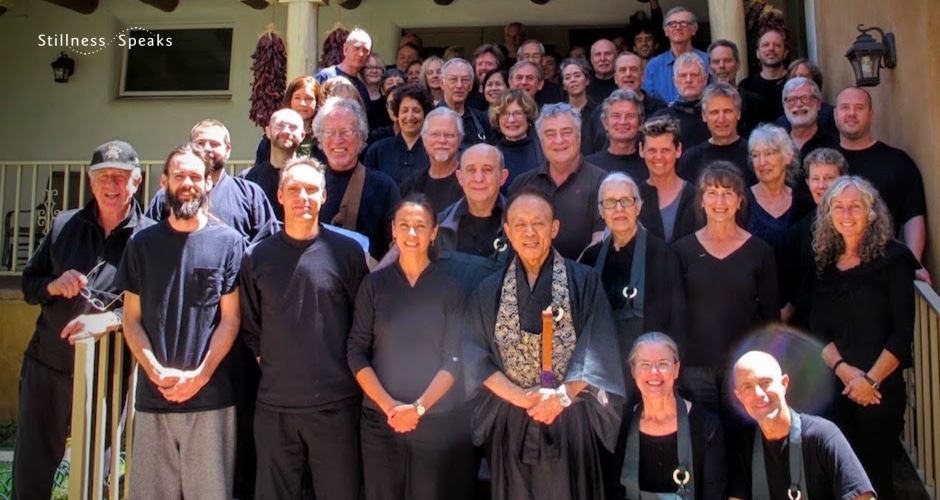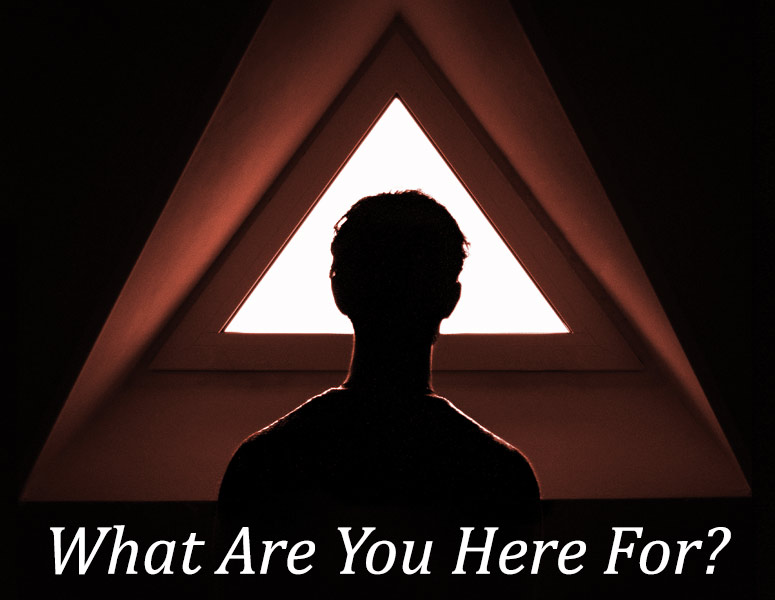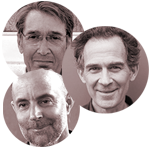“If you are unable to find the truth right where you are, where else do you expect to find it?”
— Dogen Zenji
In Part 7, our story of Zen entered the 20th Century, with the unique hybrid fusion of Soto and Rinzai Zen, called Sanbokyodan. This post (Part 8) explores how the Sanbokyodan influence became the seed for much of what is now experienced as Zen in America.
For those coming into this series for the 1st time, please click on the link below for the entire series
Exploring Eastern Wisdom’s Relevance for the West: a 9-part series.
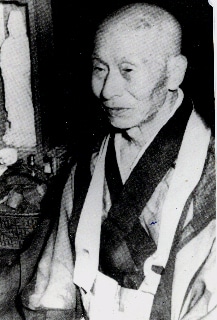
That year, Yasutani established his own organization as an independent school of Buddhism, Sanbokyodan (Fellowship of the Three Treasures). He broke with the Soto school, in which he was ordained, asserting a direct connection with Dogen. He did not recognize the authority of the Soto sect’s ecclesiastical leaders.
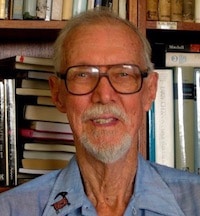
Teachers, like Roshi Robert Aitken, were at one time students of Rinzai Teachers.
Perhaps partially due to Yasutani’s primary focus toward training lay practitioners and the emphasis of the direct experience of “kensho” or awakening, Westerners flocked to Japan to study with Hakuun Harada, Yasutani Hakuun and later, Koun Yamada Roshi. Yasutani alone held over 300 sesshins, long periods of intensive zazan meditation.
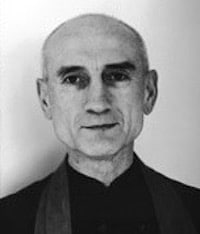
It is considered one of the standard introductory texts on Zen practice in America. It is a classic of Western Zen, translated into 12 languages and one of Zen’s most popular books.
Here’s the PDF to the Afterword for The Three Pillars, written by Bodhin Kjolhede, the current Abbot of Rochester Zen Center (which was founded by Philip Kapleau in 1966). Also, here’s the Google search for the PDF of The Three Pillars.
The lineage had a small but inordinate influence on Zen in The West. This is not to claim that other schools of Zen were not significant, but the lion’s share of students, graduates and lineage affiliates currently active in the US, Canada, Germany, Netherlands, Switzerland, Philippines and Australia have a common heritage with the Harada Yasutani heritage.
Here is just a very short list of teachers and students who Yasutani inspired and propelled:
- Philip Kapleau
- Robert Baker Aitken
- Taizan Hakuyu Maezumi
- Father Hugo LaSalle
- Ruben Habito
- David Loy
- Joan Jo-un Rieck
The institution would have had little chance of survival were it not to balance claims concerning the ultimacy and autonomy of kensho with a course of training that inspires obedience and loyalty to the tradition.
Some Americans refused to be subjected to the re-confirmation procedure of Sanbokyodan (Sanbo Zen) and, thus, were not recognized. In any case, generation to generation, from this core group, many American Buddhist leaders have emerged. Here is a very incomplete list:
- Peter Bodhin KJolhede
- Dane Zenson Gifford
- Toni Packer
- Charlotte Joko Beck
- Bernie Glassman
- Lex Hixon
- Joan Halifax Roshi (also a dharma heir of Thich Nhat Hahn)
- Irene Kaigetsu Kyojo
- Al Genkai Kaszniak
- Peter Muryo Mathiesson
- Fleet Maull
- John Daido Loori
- Dennis Genpo Roshi
- Pat Enkyo O’Hara
- Eido Shimano Roshi (Soen Nakagawa student and associate of Yasutani)
Sanbo Zen settled in Kamakura, Japan, with Yasutani Hakuun and Koun Yamada Roshi at the helm. Later, Koun Yamada Roshi’s son, Masamichi, Ryoun Yamada Roshi, an Asian business icon, took over the lineage.
That’s correct: a business icon became a Zen Master…?
Next, we will explore Masamichi Yamada, also known as Ryoun Yamada Roshi, of the Sanbo Zen lineage.
To access all parts of this entire series, please click on the link below
Exploring Eastern Wisdom’s Relevance for the West: a 9-part series
Opening quote: Dogen Quotes (from Moon in a Dewdrop) Goodreads website
Images (edited): 1) Surfing the Tube, Public Domain, 2) At Peace, by actionvance, CC by 2.0, 3) Alone, by Joanna Vaughan, CC by 2.0. Attributions for various people images to be added.
